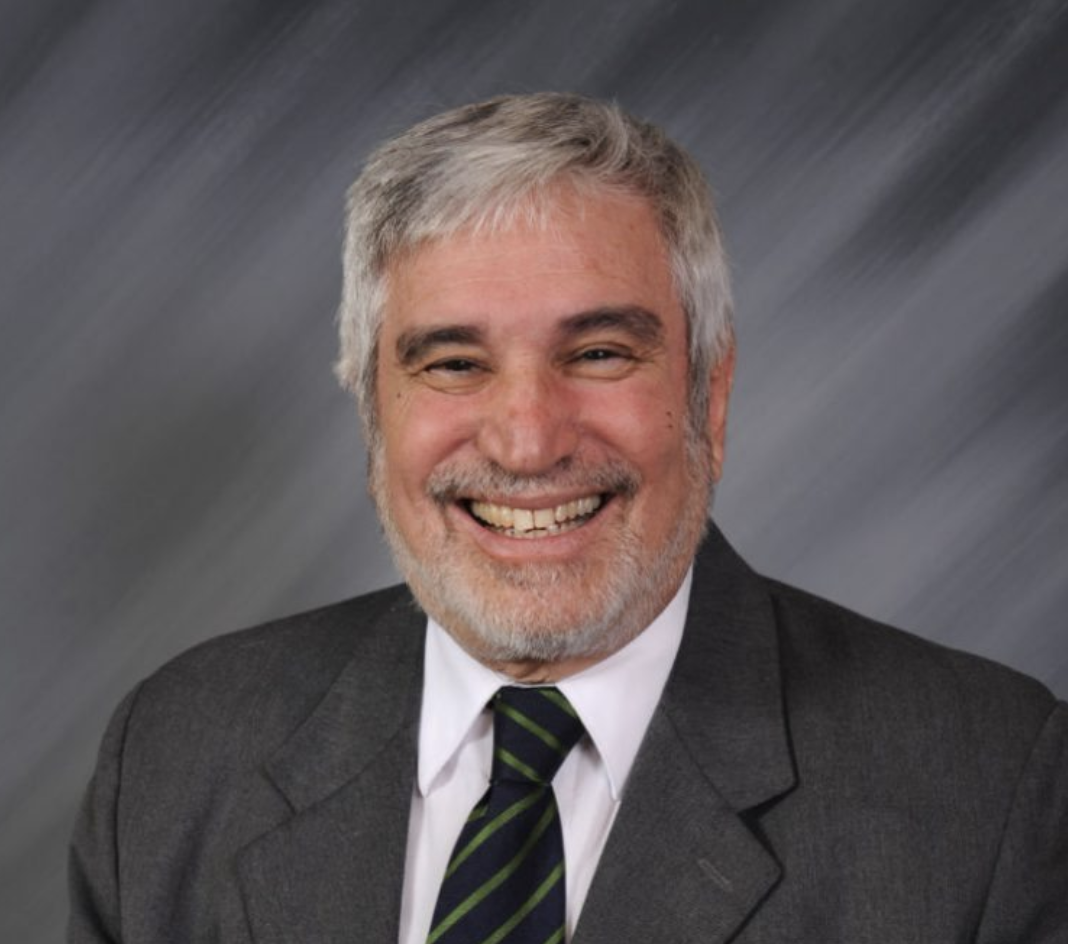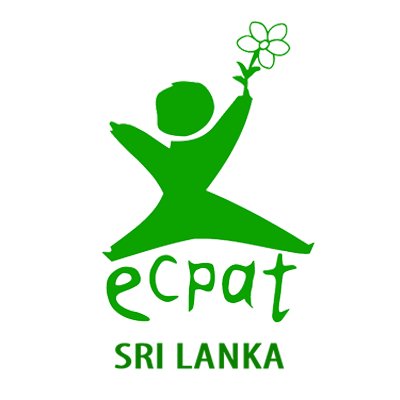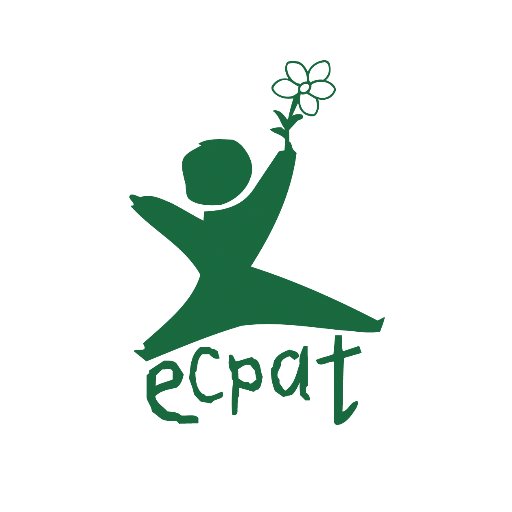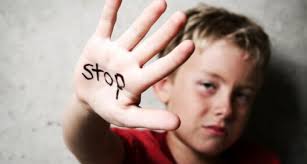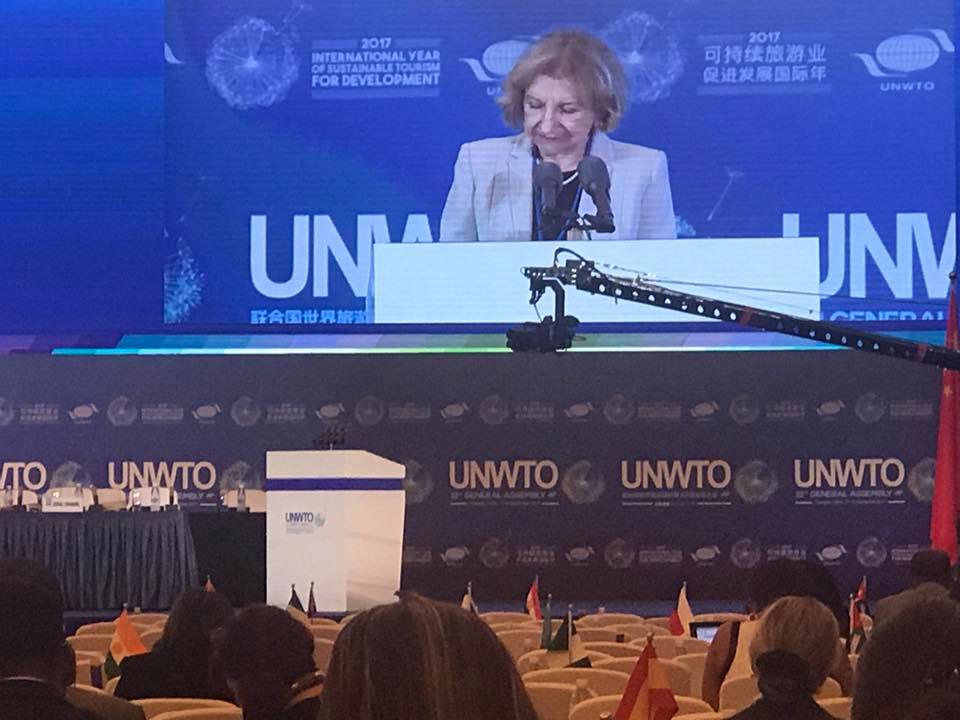
Child Protection & Tourism: Dorothy Rozga, ECPAT speaks at UNWTO General Assembly
At the UNWTO General Assembly in Chengdu, one of the most important issues and problems in the global travel and tourism industry was put in front of delegates and ministers of tourism from 125 countries today.
Addressing UNWTO General Assembly, Dorothy Rozga, Executive Director of ECPAT International, said:
It is a genuine honor to address you on behalf of ECPAT International and the High Level Global Task Force to end the Sexual Exploitation of Children in Travel and Tourism. We are grateful to UNWTO for this opportunity.
I know that the name of the Task Force that I just mentioned casts a negative shadow on the travel and tourism sector. However, I bring a positive and optimistic message. And that message is this: right here, in this hall today, we have the makings of a powerful alliance for the protection of the world’s children. The groundwork has already been laid for the travel and tourism sector to transform into a global leader in child protection.
As we have heard many times over the past few days – the expansion of the travel and tourism sector has multiple economic and social benefits. And many of these carry over to children, bringing positive changes to their lives. Unfortunately, this expansion has also increased opportunities for perpetrators who harm children by sexually exploiting them.
To protect these children, we need to understand this situation within the context of the rapidly evolving state of travel and tourism worldwide.
In response, in 2014, 67 leading organizations and companies from across the world – UN agencies, the private sector, academia, law enforcement and civil society – joined hands in a partnership. And over a two year period, they collectively prepared the Global Study on the Sexual Exploitation of Children in Travel and Tourism. In addition to the global report that summaries almost 3000 pages of research, the Study includes 9 regional reports, 15 country reports and 42 expert papers. It is the largest bank of information ever gathered on this phenomenon.
The Study concluded:
• that the sexual exploitation of children by travelers and tourists has expanded across the globe, out-pacing every attempt to respond;
• that more children are being victimised than ever before; and
• that no country is immune.
We now know there is no typical victim or offender. We know the expansion of internet and mobile technology and the rise of cheap travel means more opportunities to offend. And that means more victims.
To address this situation, the Study makes a series of concrete recommendations for actions to be taken by governments, law enforcement, the private sector, international agencies and civil society. What needs to be done to stop this crime is clear. What is required now is the commitment to act. In particular, Ministries of Tourism need to transform the Study’s recommendations into actions. Child protection needs to be taken into consideration in tourism development plans from the outset.
I’m glad to say that the governments of a number of countries have already convened events or taken steps to implement the recommendations… Ghana, Indonesia, Kenya, Nepal Norway, Poland, Thailand, South Africa, Zambia and Zimbabwe to name a few. In Latin America, the Ministries of Tourism that make up the Regional Group – GARA that is currently chaired by Uruguay are doing outstanding work. And currently a regional plan is being developed by the South Asia Initiative to End Violence against Children (SAIEVAC)for the SAARC countries. Looking ahead, the Government of Colombia has expressed interest in hosting, in 2018, an International Summit on child protection in the travel and tourism sector.
Notwithstanding this progress, much needs to be done. There are children in every country. Travel and tourism reaches every country. Thus actions are required in every country.
Ladies and Gentlemen, during the course of this Assembly, much has been said about the Sustainable Development Goals. As has been observed, it is difficult to find an SDG target that would not, in some way, benefit from the positive energy and support of the travel and tourism sector. This includes the three SDG targets that specifically call for an end to child sexual exploitation.
We need to more clearly recognise and understand the links between the three SDG targets the call for sustainable development of tourism and the three SDGs targets related to child protection. They are mutually reinforcing.
If governments and industry gets the protection of children right, we will no longer have to worry, or feel ashamed, or try to quickly change the subject when this issue is raised. We will be rid of this scourge…..and even the poorest and most vulnerable families will be enjoy the opportunities presented by tourism without fear – and we all live up to UNWTO’s motto – “Travel, enjoy, respect.”
Thank you for your kind attention
Special appreciation is extended to the Dr. Taleb Rifai for his courage to allow this difficult subject to be presented to the General Assembly.

